Answers to Common Credit Card Questions
Updated October 2022
If you are like many other Americans, chances are you own at least one credit card. Credit cards offer convenience, along with the ability to improve your credit score. There are several credit card myths swirling around that could negatively impact your decisions. At Launch CU, we want you to be a knowledgeable credit card user. Don’t be afraid to ask questions, we’re here to help with the answers.
Is Making the Minimum Payment Enough?
It is best to pay more than the minimum payment every month. Credit Karma advises that many consumers may be confused by this term, and cause them to think the minimum payment is all that they owe each month. Only paying the minimum payment each month can lead to increased credit card debt that could become unmanageable. Our suggestion, try to pay more than the minimum payment each month to keep your debt down.
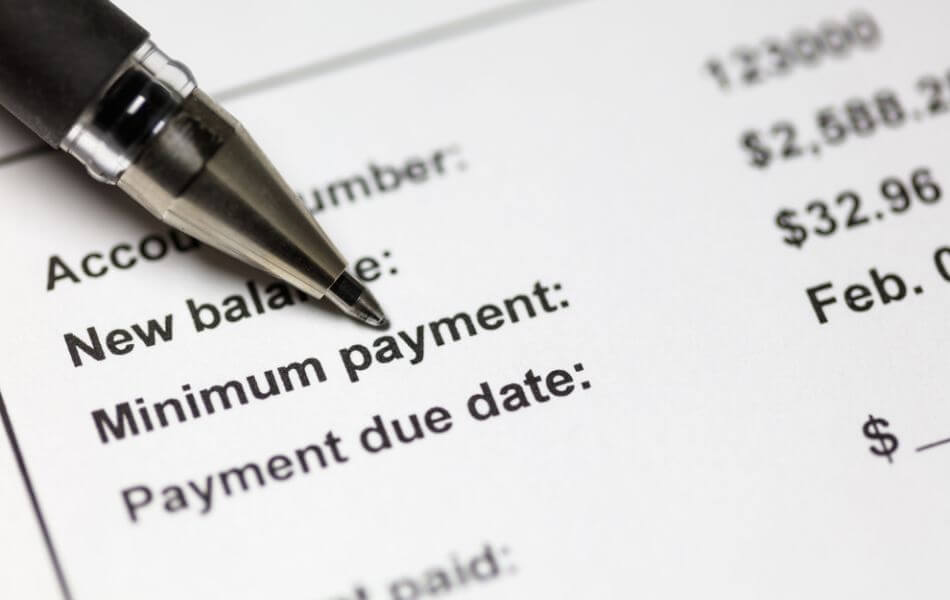
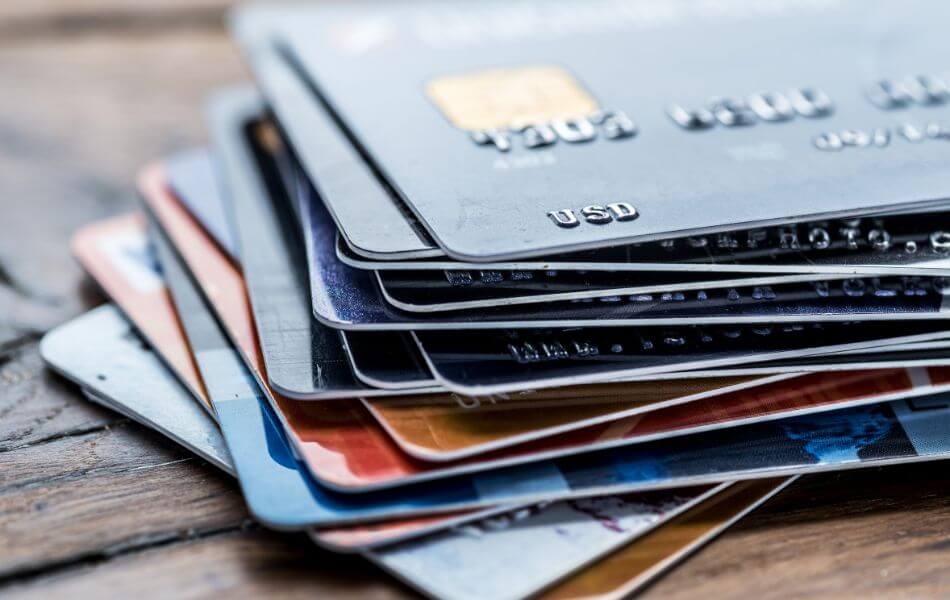
Will Cancelling a Credit Card Help My Credit Score?
When you cancel a credit card you are reducing the total amount of credit provided to you. This, in turn, can increase your credit utilization ratio. Your credit utilization ratio is the amount of debt you have compared to your available credit. For instance, if you have three credit cards, each with a $3,000 limit, your total credit is $9,000. If you have a balance of $2,500, your credit utilization ratio is 27% ($2,500/$9,000). If you close out one credit card, your total new credit is $6,000, so your new credit utilization ratio would be 41% ($2,500/$6,000). Thus, as your total credit decreases, your credit utilization could increase, providing negative effects to your credit score. If you want to get rid of a card, instead of closing the account, shred the card so that you are not tempted to use it. That way you are able to keep your credit utilization low.
Will Checking My Credit Report Hurt My Credit Score?
According to Experian this is false. You are able to access your credit report without it affecting your credit score. When you review your credit report you are conducting a “soft pull,” which will only be seen on a personal credit report. Experian suggests that you check your credit reports at least on an annual basis in order to make sure there are no unauthorized charges or major changes. You are entitled annually to a free copy of your credit report from each of the three major credit reporting companies. Go to annualcreditreport.com to get yours.
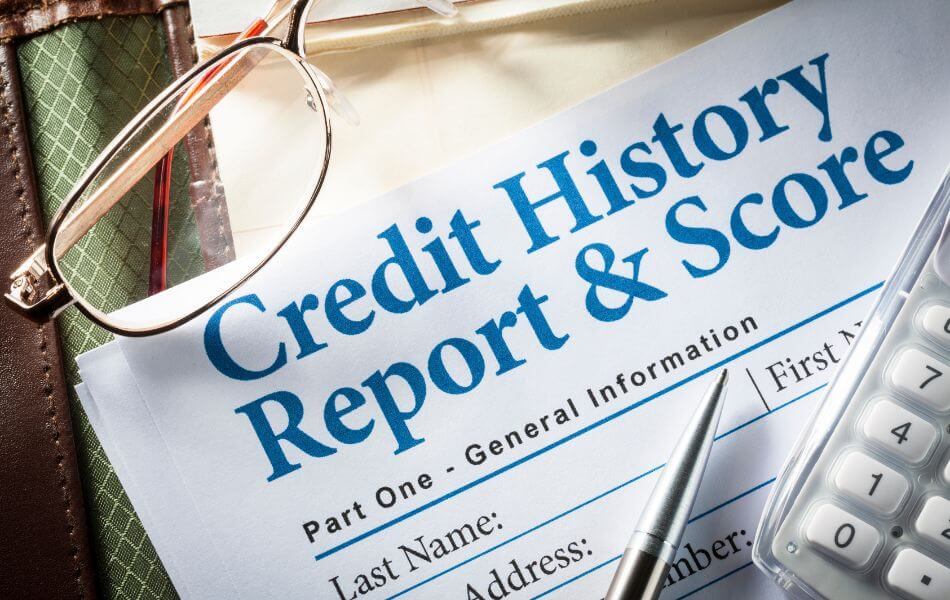
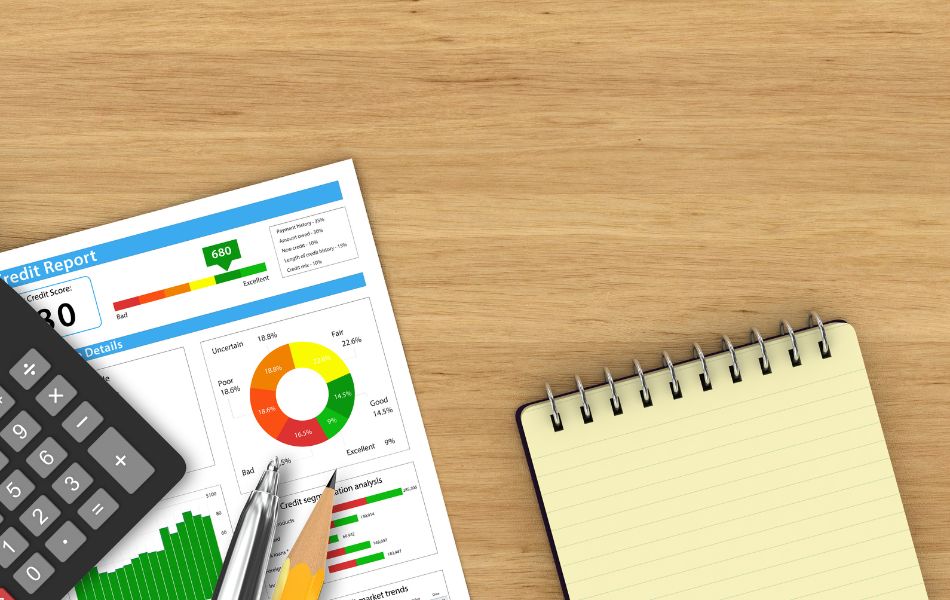
Once A Late Payment Is Collected, Will It Be Removed From My Credit Report?
This is also false. Experian advises that negative information like late payments, collections, and bankruptcies will remain on your credit report for up to seven years. In addition, certain forms of bankruptcy can stick to your credit report for up to 10 years. While paying off a delinquent loan won’t result it in being removed from your credit report, it will show that the balance has been paid.
If I Move Credit Card Balances Around, Will It Hide My Debt?
In reality, it’s impossible to hide credit card debt from credit reporting agencies. The total debt that you have cannot be hidden by opening new accounts and transferring balances.
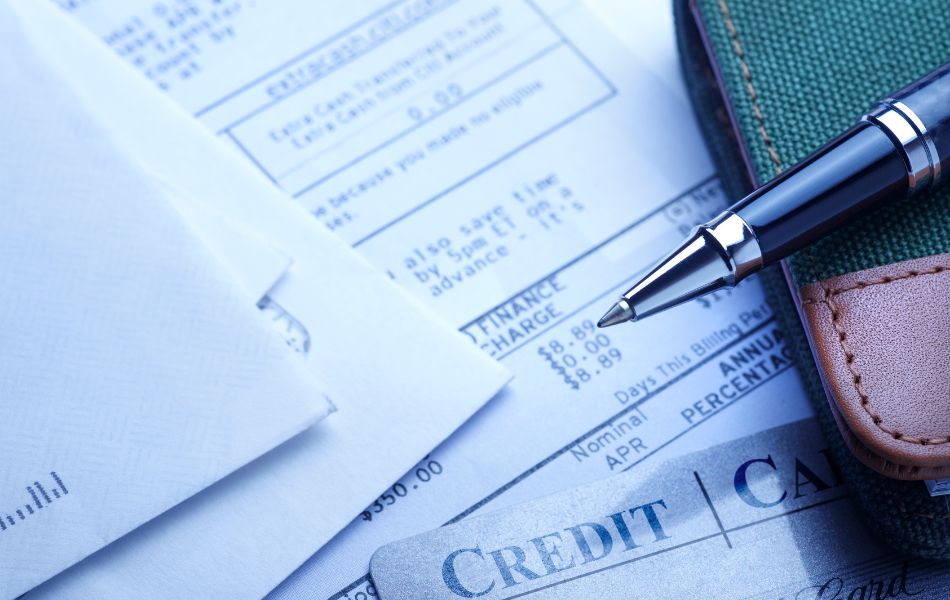
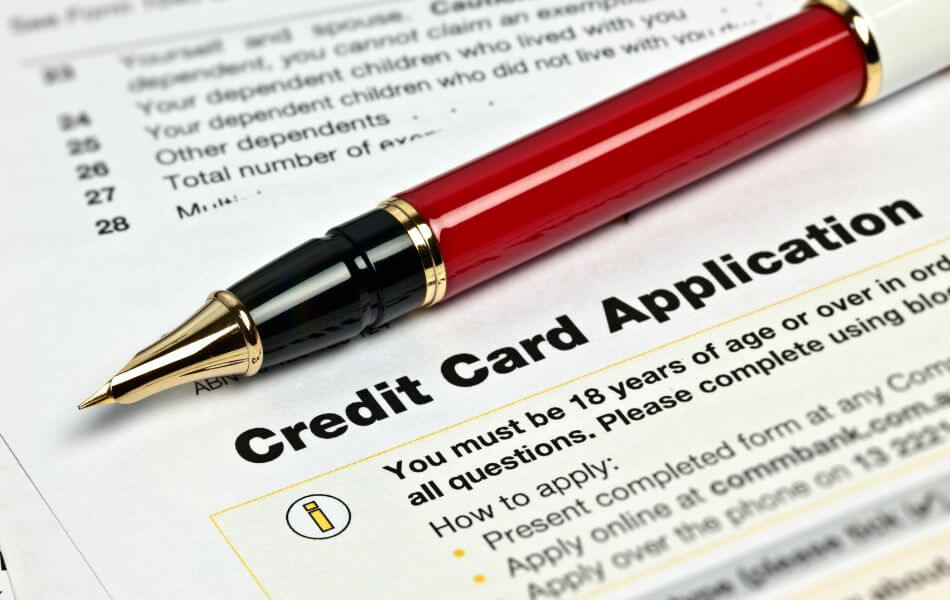
Does Applying For A New Credit Card Damage My Credit Score?
While applying for a new credit card does require a financial institution to initiate a hard pull, and may cause a temporary decrease in your credit score, it will not have long-term effects. According to Credit Karma, a hard pull typically stays on your credit card for two years. Opening a credit card can actually improve your score by increasing your total credit, and potentially decreasing your credit utilization ratio. An exception to this is if you were to apply for many new accounts in a short period of time.
Will Being an Authorized User on Another Person’s Card Hurt My Credit Score?
Before you become an authorized user on another person’s account, make sure that he or she is a responsible borrower. For instance, if you are an authorized user on your spouse’s card, and he or she does not make payments on time, your score will be negatively impacted. Approach being an authorized user with extreme caution.


Will Paying Off Negative Debt Remove It From My Credit Score?
Even if you take care of a late balance it will still show up on your credit report. Though it will remain on your credit report, it will show up as “paid” instead of delinquent, which can be a major determining factor to lenders. It’s important to always pay your bills on time; however, if you do miss a payment make sure to pay it ASAP to change the status on your credit report, and make strides towards repairing your score.
When it comes to credit cards and your credit score, the important thing is to be in the know with what is and isn’t true. Being aware of what does and does not affect your credit score can help you improve and maintain your score, making you a more attractive borrower to financial institutions. Experian provides many other myths surrounding credit score, which you may find useful. As a rule of thumb, when you are seeking information pertaining to your credit score, always turn to reputable sources. Do not assume that all information on the Internet is true. Do your research, and if you ever have questions regarding your credit score, or what impacts it, stop into any one of your conveniently located Launch CU branches.


